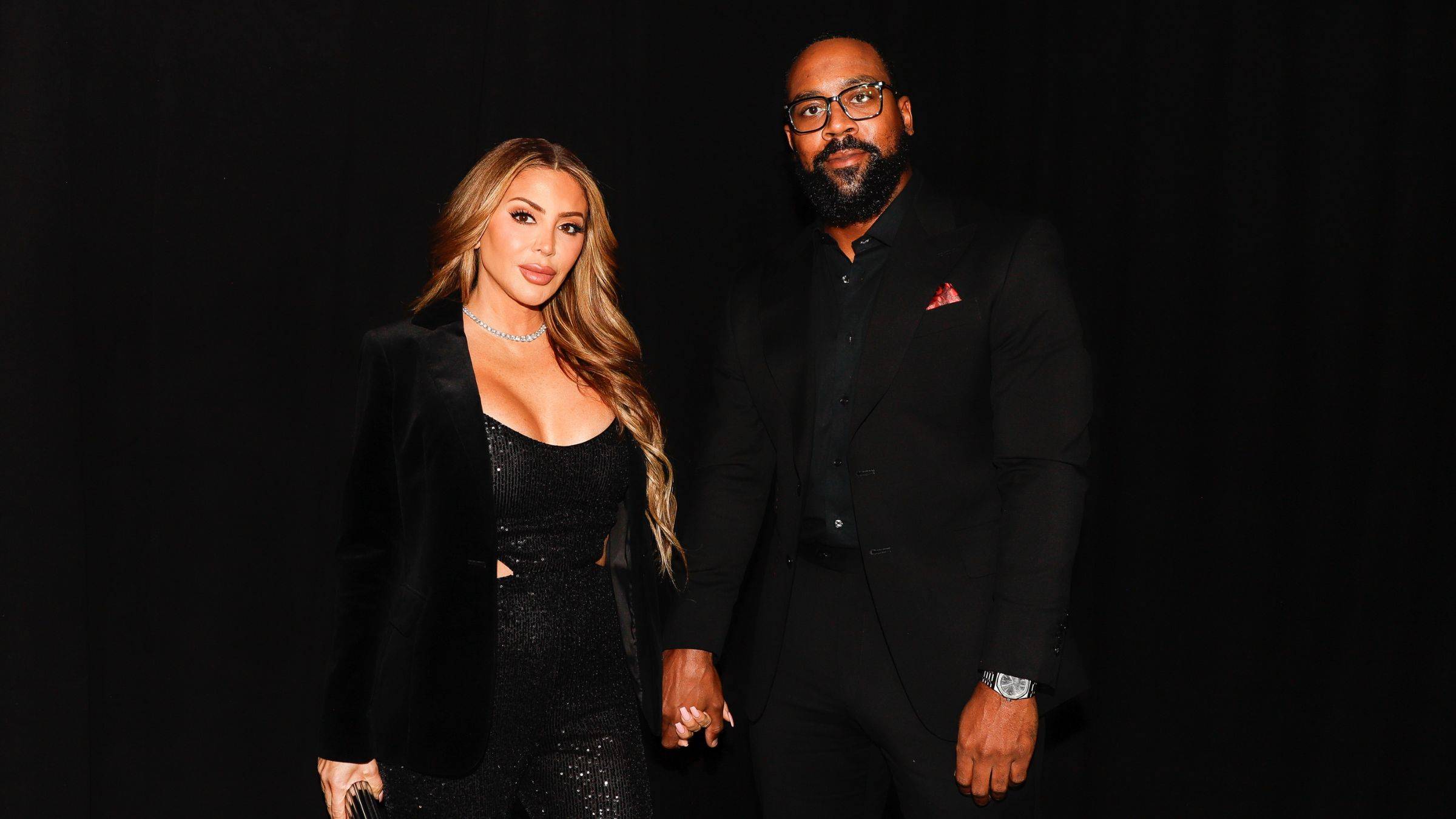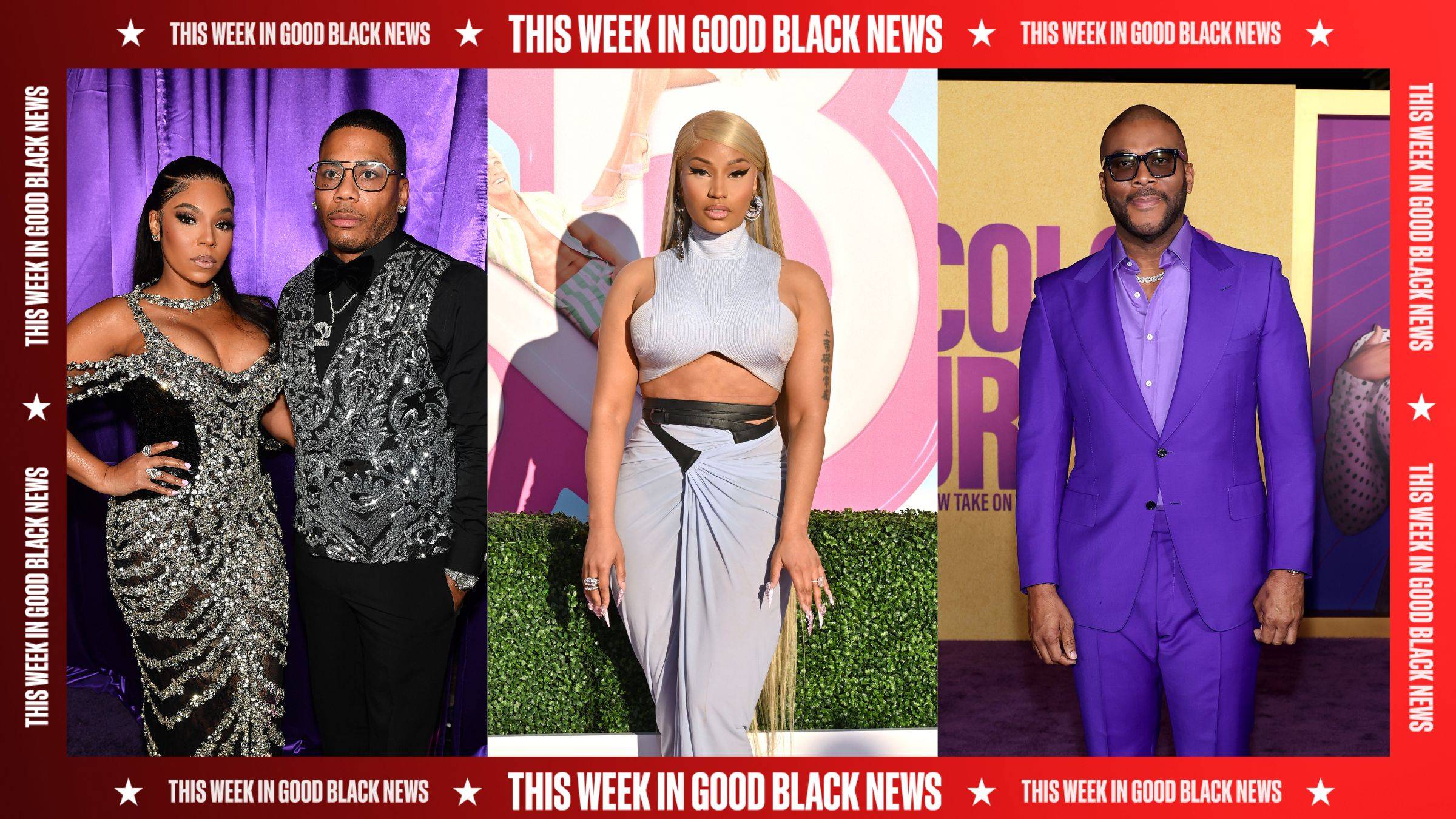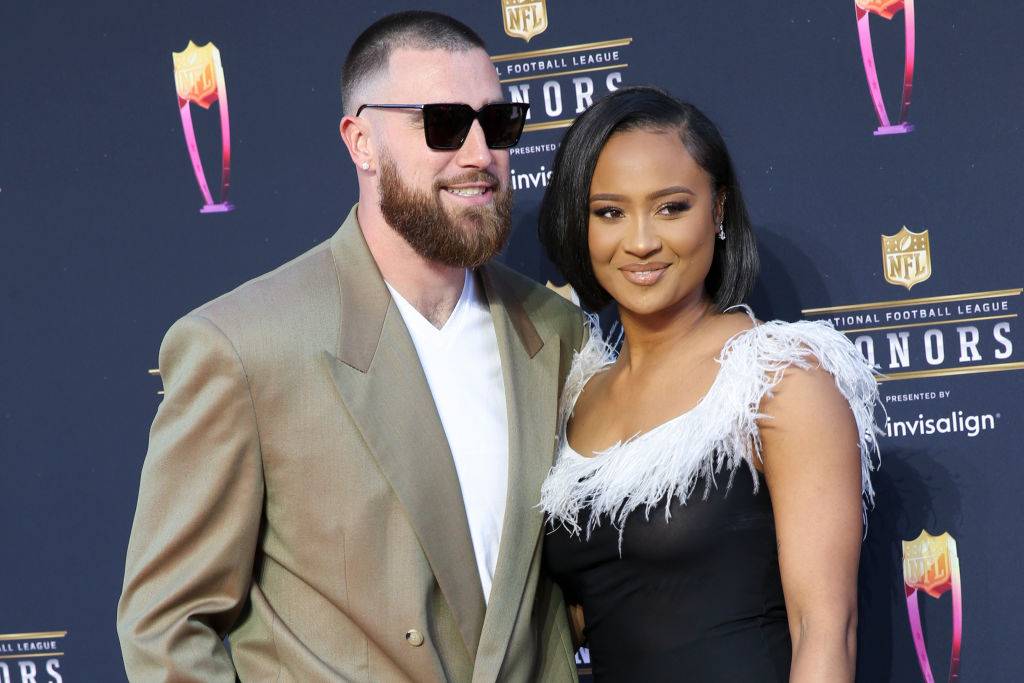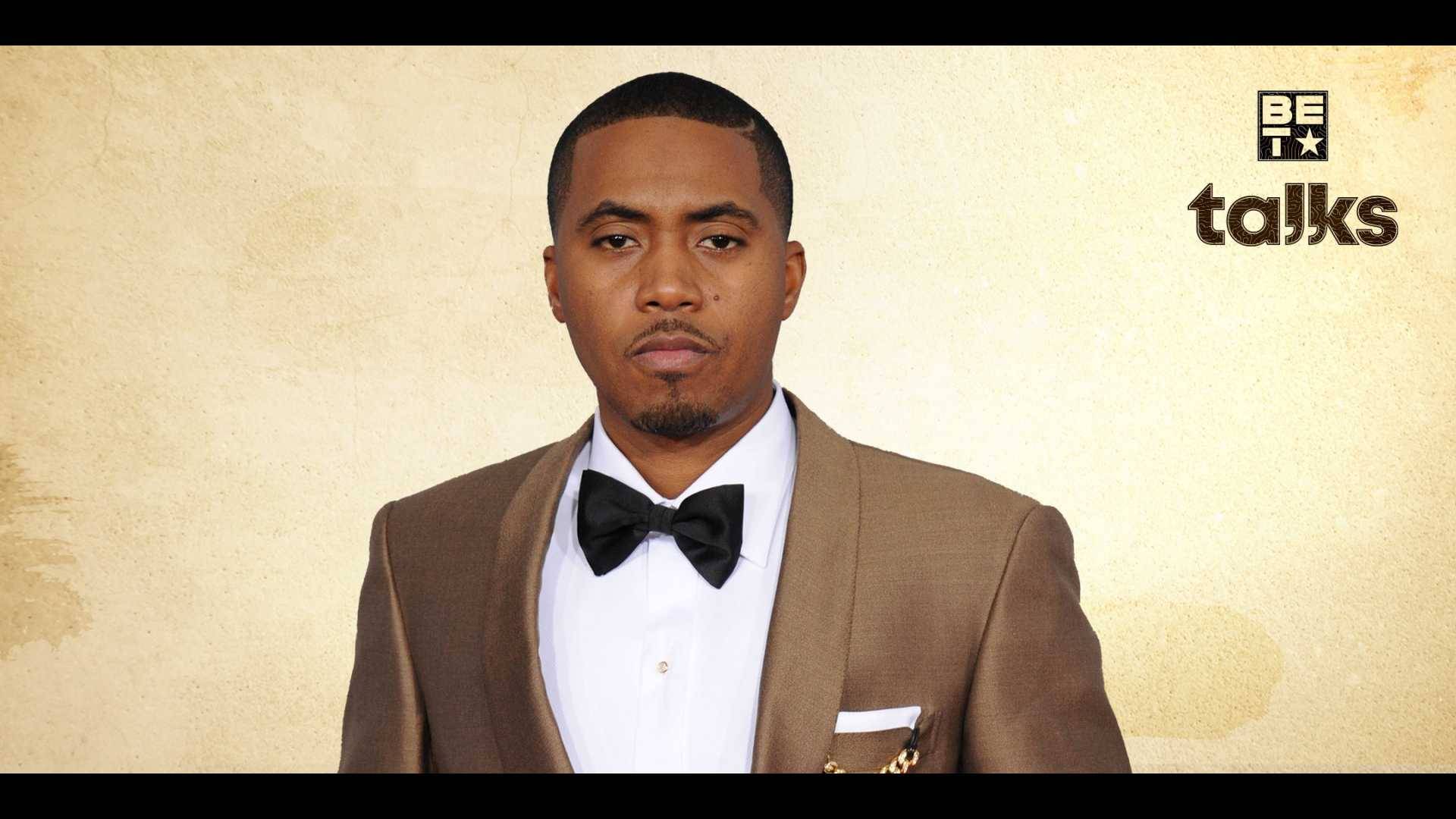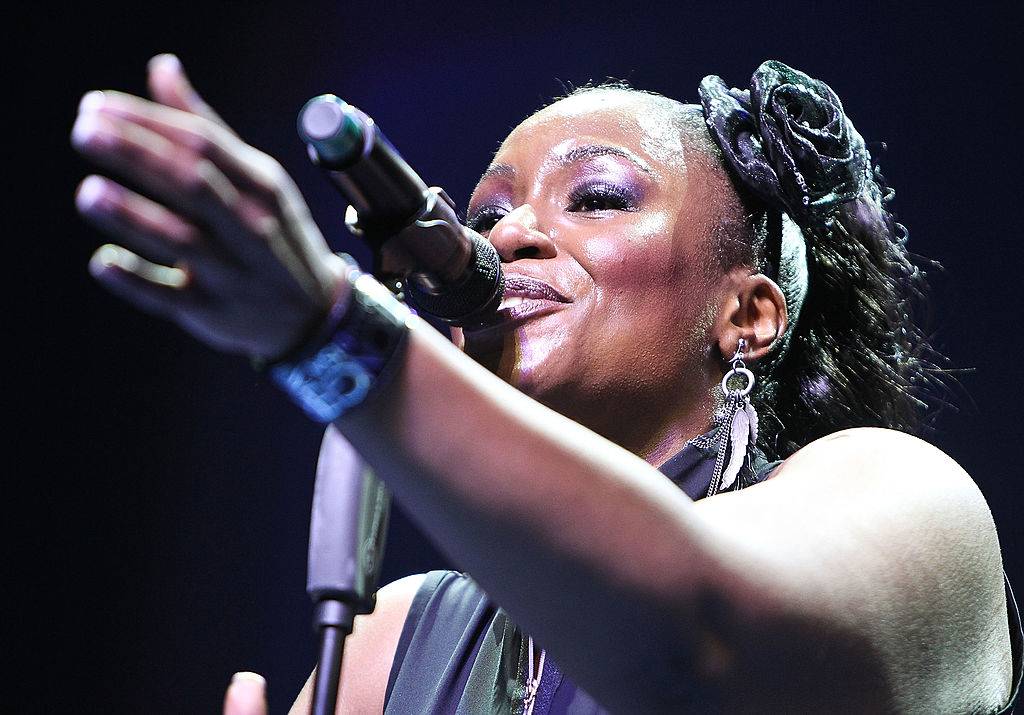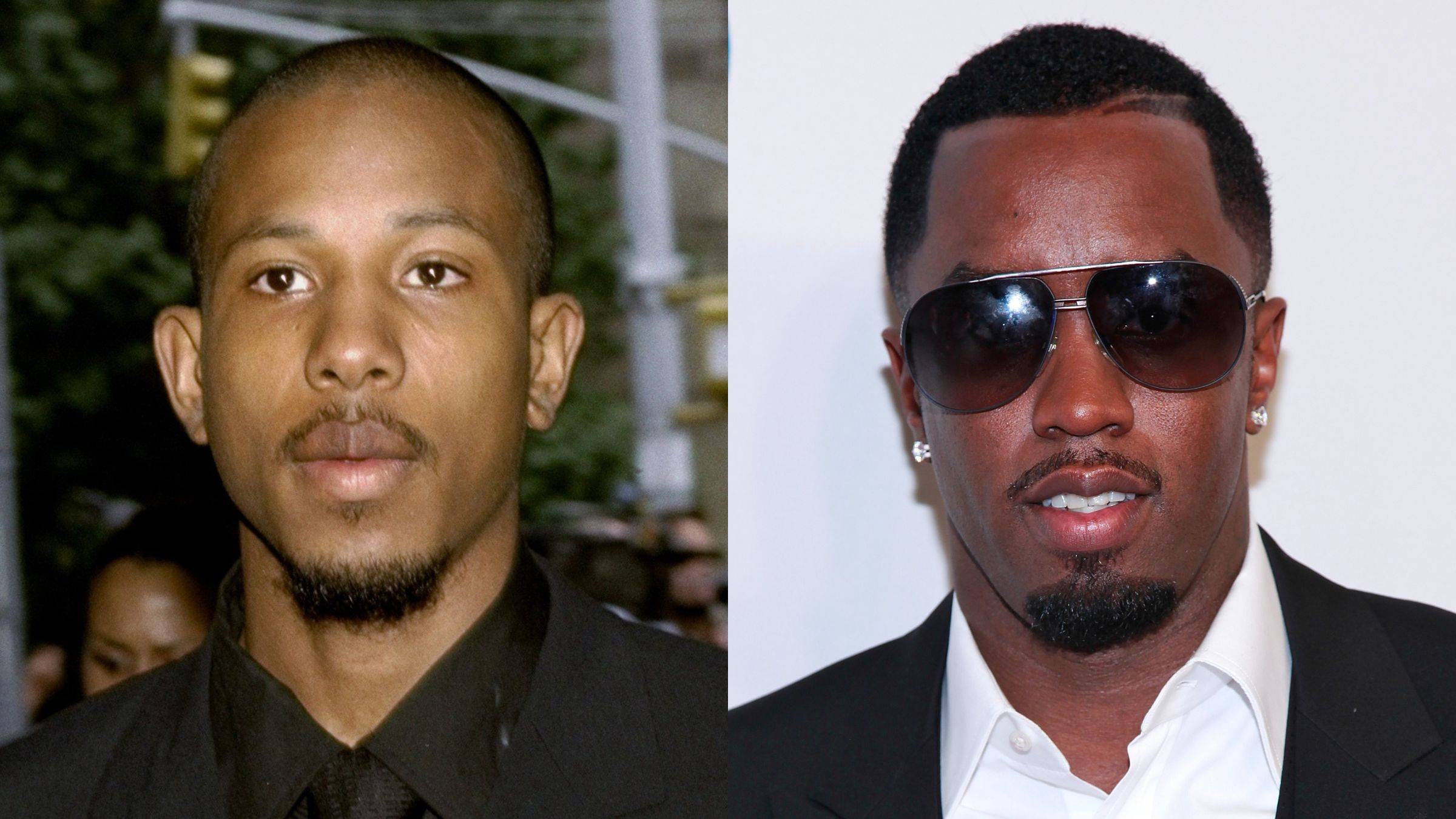We Spoke To The Leaders Of DC's #Moechella To Learn The Real Meaning Of The Movement
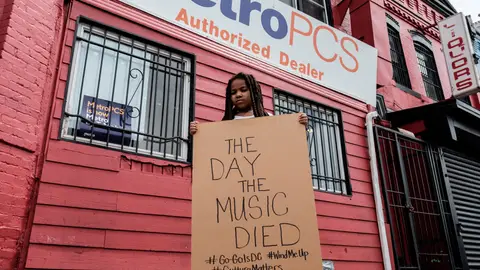
As over 10,000 Washingtonians descended upon Washington, D.C. on Tuesday (May 7), the rest of the world was witnessing a culture-wide renaissance ingeniously dubbed Moechella.
The grand-scale demonstration amplified the city’s gallant, but peaceable, response to usurping D.C. implants currently gentrifying the city and attempting to weed out the roots of its stapled and celebrated go-go music culture. From the bustles of U Street and Chinatown to the trenches of Barry Farms and Anacostia, go-go – in all of its live instrumentation glory – has pumped the bloodline of the nation’s capital since its birth over three decades ago. However, with the escalating rate of gentrification enterprising D.C., go-go’s lifespan came up for questioning. As nonnatives settle into sparkling deluxe condominiums and neighborhood Starbucks locations displace age-old corner stores, noise complaints are tagging along with the city’s economic makeover.
An April incident where a MetroPCS cell phone store was ordered to stop playing go-go music at its storefront in Northwest’s Shaw neighborhood was just one of the many complaints brought on by gentrifiers. Unbeknown to the gripers, however, the incident sparked the impetus of Moechella and other demonstrations like it. Moechella emerged as the third of its kind and on pace with #DontMuteDC and the Long Live Gogo rallies spearheaded by a homegrown member of the culture himself and Moechella’s producer, Yaddiya. Aiming to address both legislative and social strides to muzzle D.C.’s beloved music culture, such as the Amplified Noise Amendment Act, Yaddiya worked diligently on every bell and whistle to galvanize the rallies to their full potential.
Extending a hand to Anwan “Big G” Glover, leader of go-go’s pioneering and universally revered Backyard Band collective, and their manager, Rasaan Fuller, the men built Moechella from the ground up. BET Digital spoke to the three valiant leaders of the movement that attracted nationwide attention while aiming – and succeeding – to save the city’s historic gogo culture.
BET: Some people have called it a concert, some have called it a protest, some have called it all-in-one, but in your own words, can you tell me exactly what Moechella is and its objective?
Yaddiya: [Moechella] was completely intended to be a peaceful demonstration. That is how I’ve been promoting it from day one: as a peaceful rally with intent to open up the door and create a forum for natives and other people to voice concerns in the community and get in front of this amount of people to express the way they feel. Without Backyard [Band], that would not have been possible because Backyard Band is go-go and Washington D.C. [Anwan "Big G" Glover] is the mayor of it. These concerts are rallies and are intended to build the momentum for the city.
Anwan “Big G” Glover: Just being a Washingtonian and growing up in that neighborhood right there—14th street and a few blocks up—I wanted to be part of this. People need to see the change and gentrification of my city with all these different people coming in and know that we’re not blocking anybody. We’re just letting them know that if you’re moving into our city, this is our culture, and this is our music. So we're just opening the doors to let you know this is what's going on.
You can't tell us to turn it down. You can't mute it. And with that being said, we just put this situation together with Yaddiya when he called Raasan, but they were already doing it and putting this movement together to bring the city out. We're not just telling the people that just moved into our city that it’s beautiful and is getting this plush makeover. Yes, we're fixing everything up with and it’s looking good—boarded up buildings are now coffee shops and things like that. But, we should be moving toward more things for the youth to be able to do and relate to as well. But this movement right here was so beautiful.
We’re telling them, ‘Hey, if you’re here, you have to know what you’re moving into.’ And it’s a beautiful thing. Our music is beautiful, so here’s a taste of it. As Yaadiya said, we want to show that we can party and enjoy our music in peace.
Raasan: And let’s be real, when we say gentrification, we’re talking about the white folk and out-of-towners. Some of them may be of different races too, who are moving from other places. As Yaddiya mentioned, we wanted to welcome them in with open arms and embrace them. This is our culture, and this is our music. I saw that some celebrities posted stuff from [Moechella] and they’re like, ‘D.C. ain’t playing no games with y’all.’ But, we’re not saying, ‘White people, get out.’ We’re welcoming them with open arms to embrace our culture. There are now Starbucks where [Big G] and I used to see murders and shootouts. Neighborhoods who were [at Moechella] that day—and years ago wouldn’t have been able to be within 80 feet of each other without shooting—showed up there on that day to say, ‘We’re putting all of this behind us because this is for the culture.’ No fights, no shootings.
BET: That’s beautiful. And what about this kind of gathering inspired the name, “Moechella?”
Yaddiya: There’s a girl I know, and she’s the first person I ever heard say the word last year. It’s a joke in a sense but, one of our universal words belonging to D.C. is “Moe.” And we say, “Kill, Moe” to express things. But, between the girl I know and the two events we held prior to this—which were very big as well with thousands of people showing up—me and our friends just kept joking that this is the Moechella. Then, I heard people keep calling it that, and I’m just like, ‘Man, I gotta just stamp it one time. And not even one time, and just make it the thing.’
BET: There was also an incident where a cellphone store was ordered to stop playing go-go music at its storefront—which is something that its been doing historically. How did you all initially find out about the noise complaints?
Yaddiya: Last year, the city council was looking to pass legislation called the Amplified Noise Amendment Act, which would basically prevent a lot of different artists and creatives from our area to play their music on the street in popular places like Chinatown, Foggy Bottom, etc. That’s also part of the reason we did the rallies like Moechella. I organized a rally against the [Amplified Noise Amendement Act] last year. I felt like the cellphone store incident was reminiscent of that, and I found about it through EZ Street. He was the one that alerted me through my [Long Live GoGo the Movement] page [on Instagram] because EZ Street had me on the radio last year talking about the amendment act. There was another rally that people had the day before I did my first rally in a CVS parking lot, and that’s how it got out into the public initially.
Anwan “Big G” Glover: I heard about it through EZ Street as well. He was talking about it and then it just spread. It hit the news and it took off from there. There was a big protest and Black Alley [go-go band] played over there one day.
Yaddiya: The sequence was the noise complaint, then the CVS parking lot rally, then there was my rally, then my Long Live Gogo rally with [gogo band] T.O.B., which was another peaceful demonstration, and then there was another rally. After my rally on Tuesday, the CEO of T-Mobile tweeted us to let us know that they supported us. It was actually the Metro PCS store, which is owned by T-Mobile, that was playing the music.
Outside of the obvious economic impact, what other social effects does D.C.’s widespread gentrification currently have on the city?
Yaddiya: It’s a form of cultural genocide, to be honest. That’s been a big problem. I think in D.C., the way they choose to sell these new condos and new places is by pitching the neighborhoods. Through pitching these neighborhoods, the only thing they have to commemorate are the murals. There’s no real culture still remaining in the neighborhoods through that gentrification process. The way things are presented determines who takes heed to it, and we need our city presented in ways that are legitimate so that everyone can understand it. Everyone goes to New Orleans with the understanding of the culture of Mardi Gras. If you go to Wisconsin, and they’re known for cheese, I’m sure they have a cheese festival or a cheese museum. I say that to express we need our own thing to commemorate our culture so that people who do come to our city understand where we come from and why we do what we do. We don’t want to look at it as people coming into our city and taking it over.
Raasan: We don’t see [gentrification] as such a negative thing. Now, there’s videos of white people dancing and partying to the gogo music. And I can appreciate that they’re not complaining and are making an attempt to embrace it.
Anwan “Big G” Glover: It’s just like you have New Orleans music. People from out of town, they go to NOLA and they jam out to Mardi Gras and things like that. You have other down South music where people go down, and their used to be Freaknik. Different areas in different cities always get gentrified. But, you have to really know what you’re coming into and what it’s about. When I speak about our music and our culture, I make sure to talk about all the [gogo] bands in the city, because it’s not just one sound, one band—it’s everybody that makes our culture what it is. A lot of times, I feel like we get defensive about the gentrification when it feels like people from the outside don’t understand and are trying to take away what makes our city what it is, but in actuality, it’s a beautiful thing when communicated, understood and embraced the right way.
Yaddiya: I think an effect on the social impact behind gentrification in our city from outsiders is that the stigma of gogo has been negative over the years and detrimental, too. Just like trap music can explain Atlanta culture and juke music can explain Chicago, gogo should be the symbol of D.C. culture. It’s deeper than music. This is where we come from. We met our friends here, we’ve met the mothers of our children here, and our women, and our brothers. Gogo has always been the meeting place and the glue to this area!
If there’s one thing you wish outsiders understood about the culture, what would it be?
Yaddiya: If you’re not from here, you have to know that gogo is the heartbeat of our city. And our rallies, like Moechella, is a symbol of peace and how powerful togetherness really is. Look at everyone’s attention that we’ve gotten. This is really just the beginning.
Anwan “Big G” Glover: I second that. People need to see it. This is an opportunity for that to happen, and we are talented in our city. People just need to see it, and if you don’t have that national eye on it, you overlook it. And I believe we’ve been overlooked for a long time. Like Chuck [Brown] told me, “Don’t let our music die. Get our music as far as you can.” And we’ve been pushing all the way. A lot of people come to our city, and they go downtown to the museum and to see the White House. They have to come up the street a little further and get this gogo, man. We have something for you.
Raasan: And that’s a real quote from Chuck to G—“keep the music alive. Don’t let the music die.” People from outside the city need to understand: you don’t really feel gogo until you witness it live. Like my cousins from out-of-town used to say, “That’s that pots and pans sh**.” No. But when they come, they see it, and they’re like, “Please send me a tape! I need that!” And they press me because it’s something that takes over you, and musically we’re getting away from things. Schools are cutting music budgets. Everything is on its way to sounding like computer-generated music. Gogo keeps the live instrumentation and the heart of raw sound alive, and we need to nationalize that. Backyard [Band] is the forefront of that, and we should make gogo a pastime. When you come to D.C., you have to go to a gogo. Just like when you go to Nashville, you have to go to a country show. People need to treat gogo that same way.
Anwan “Big G” Glover: Yeah, you have to see it. I’ve had so many people from out-of-town come and be blown away. Once you see it, you fall in love with it.
To learn more about the Long Live GoGo Movement, visit the official website here.
